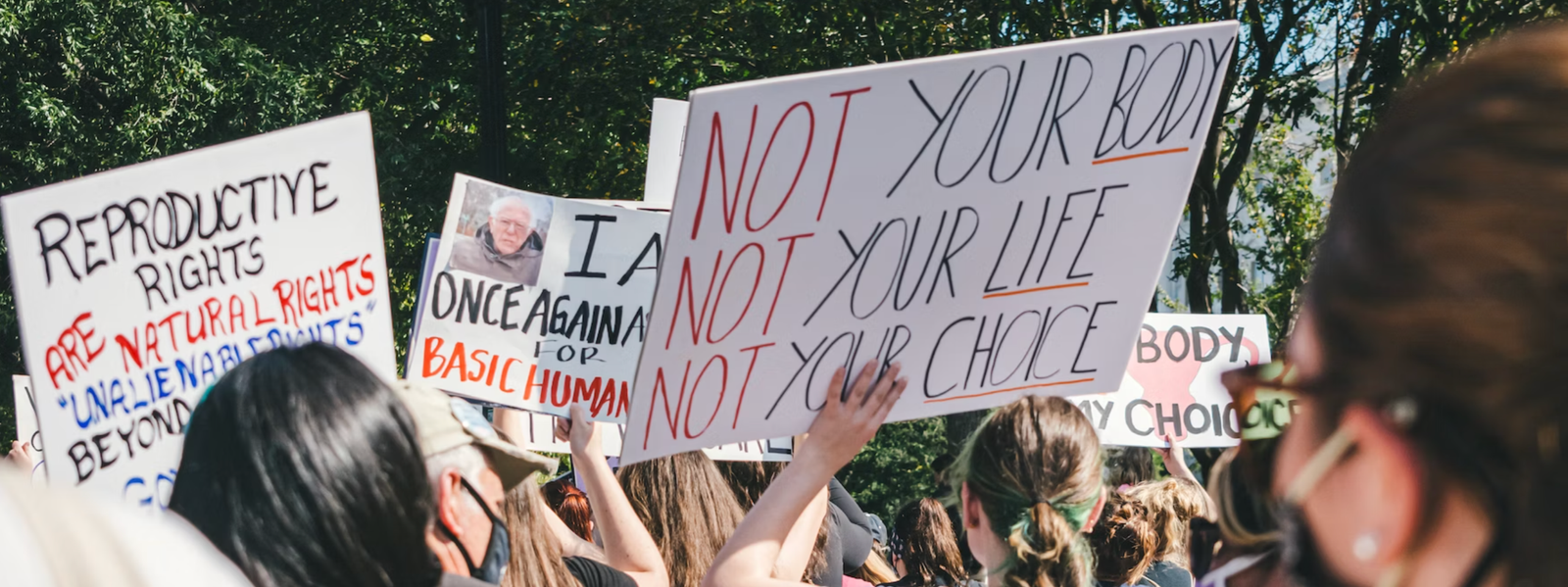6 April 2023
As we head towards
EuroPride 2023 in Valletta, people are often surprised when I tell them that Malta has
been rated the best country in Europe for LGBTI+ people for several years running. Malta’s geography and its unique political, social and religious history would certainly lead most people to assume it would not hold such a high place, but it does: with 91 points out of 100, it is seventeen points ahead of second-placed Denmark.
However, Malta’s record on LGBTI+ equality tells only part of the country’s story when it comes to equality and human rights. Malta has a mountain to climb on equality for women, where it is
currently placed 16th in the EU, three percentage points below the EU average. When considering the role of women in power, Malta fares particularly badly: according to
UN Women, in February 2021 only 13% of seats in parliament were held by women.
Malta’s
abortion law is particularly troubling: someone who is pregnant can be imprisoned for up to three years for having an abortion on the island. This forces people to travel overseas, and for some it risks the use of underground and unsafe abortion practices. The professional organisation Doctors for Choice call for abortion to be decriminalised and then regulated as it is in most European countries, and I agree. No-one should face prosecution for making decisions about their own reproductive system. Abortion
is a queer issue and it should be legal for all who need it.
Other issues related to freedom and justice must also be considered. In 2017, anti-corruption activist and investigative journalist
Daphne Caruana Galizia was assassinated outside her home, reinforcing concerns about the welfare of journalists and also raising questions about how the Maltese government tackles organised crime and corruption. Transparency International’s
Corruption Perceptions Index gives Malta 51 points out of 100 and also reports that more than a quarter of people in Malta think corruption is increasing.
Some will say that many of these issues are deep rooted and cultural, and consequently they are difficult to shift, but I disagree. Whilst I can’t argue with the geography that places Malta at a crossroads between Europe, Africa and the Middle East, it is precisely this geography that has led Malta to be at the forefront of the migrant crisis, and why Malta has been so generous in resettling refugees who have arrived there.
Of course, these are not exclusively LGBTI+ issues but nonetheless they are issues that affect our community. Women make up more than half of our community. Many LGBTI+ people need abortions. LGBTI+ people are more likely to be blackmailed or to face corruption and are more likely to be refugees or to be displaced. And this is why we must ensure that this year’s EuroPride has a deep focus on equality, justice and human rights for everyone.
We will
come together in Malta to celebrate the country’s leadership on LGBTI+ equality, and to push for similar leadership for all people regardless of who they are or how they identify. Please join us and be a part of that push!
Kristine Garina is President of the European Pride Organisers Association, Chair of LGBT Mozaika and Co-Chair of Riga Pride in Latvia. Follow her on Twitter and Instagram.
Header image:
Gayatri Malhotra on Unsplash


